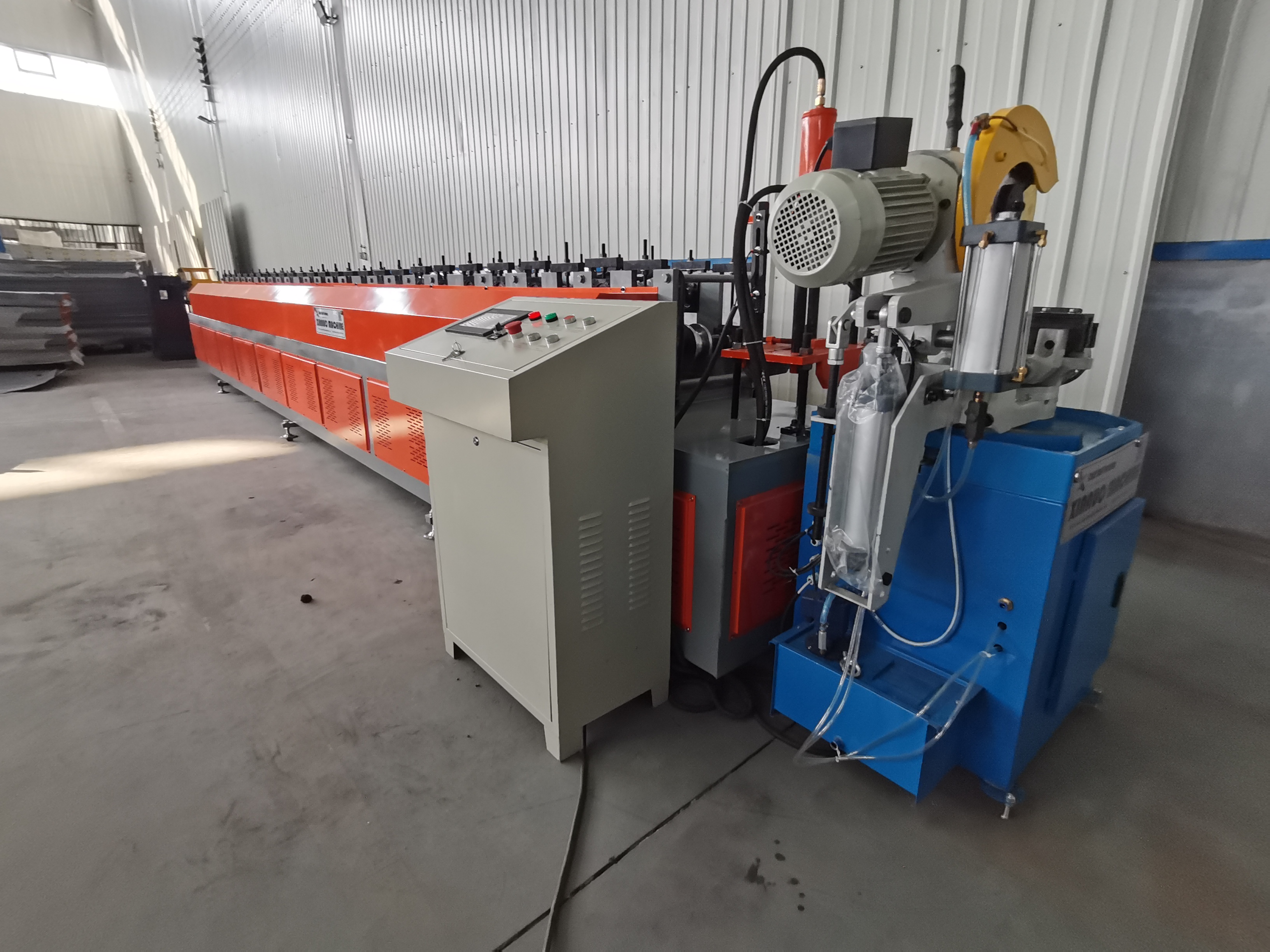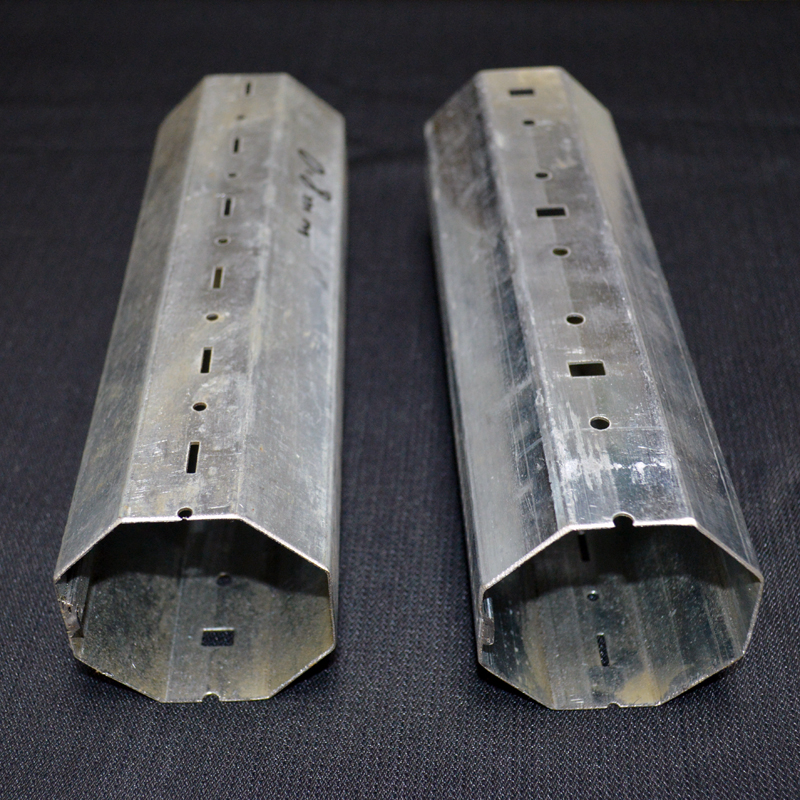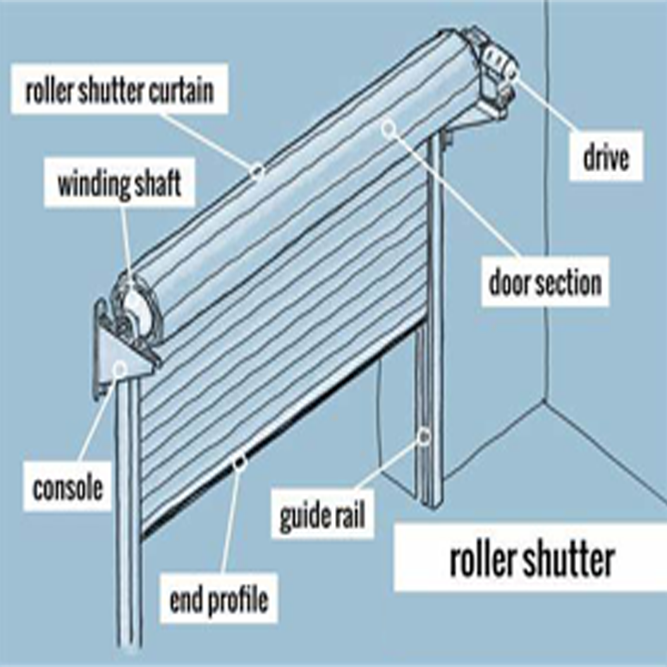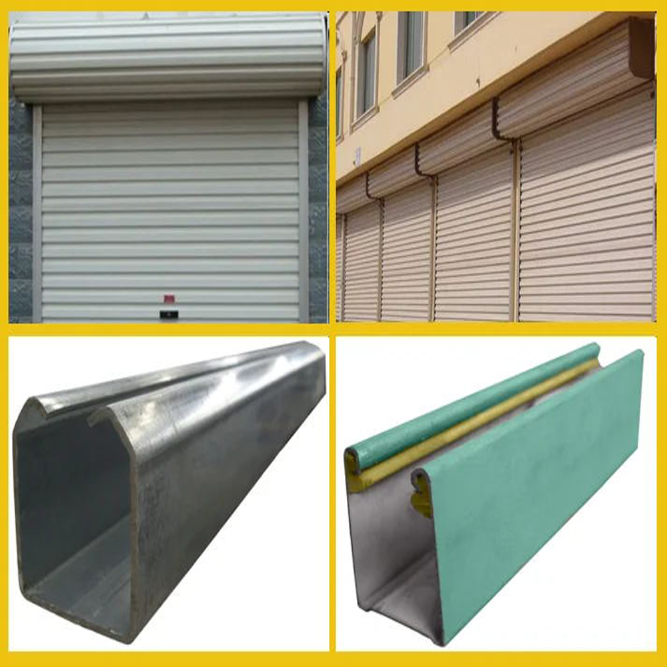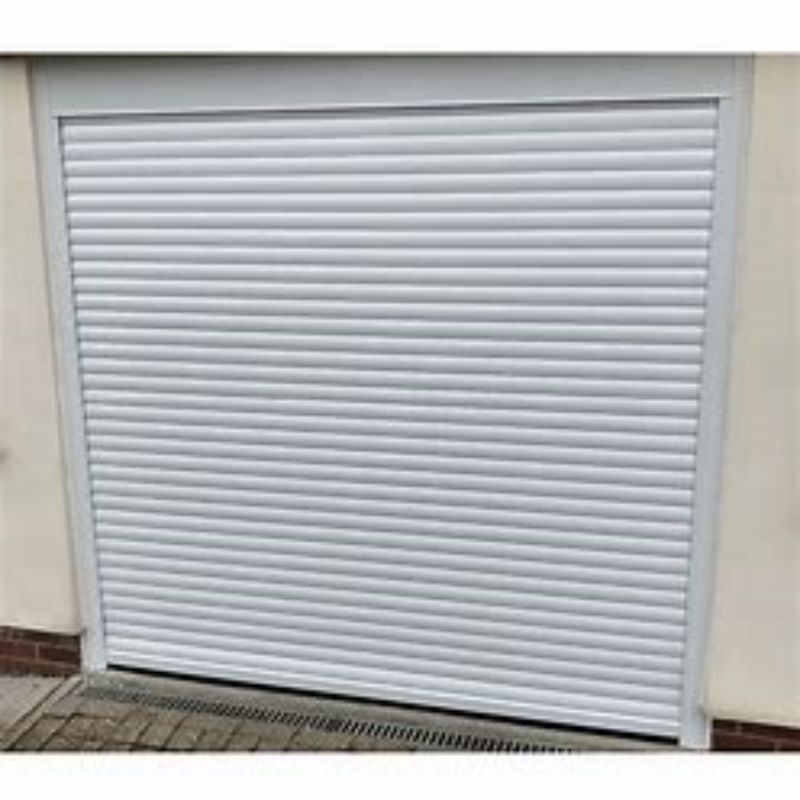We may earn income from products offered on this page and participate in affiliate programs. To learn more.
If your garage door starts making rattling or rattling noises, it likely needs attention. Over time, moisture and natural oxidation can cause rust and wear. These effects can make the sound of your garage door opening sound more like gravel in a coffee can than a well-oiled machine. If you’ve ever heard the sound a garage door spring makes when it finally breaks, you know it’s a whole other level of shock.
The best garage door lubricants will help prevent operational problems and extend the life of your garage door and its components as long as possible. These products help resist moisture, reduce oxidation, and protect metal components such as hinges, slides, and rollers from friction. Keep reading for some of the best garage door lubricants.
Before you start spraying garage door lubricant under your kitchen sink, there are a few things you should know. Some lubricants are ineffective at high or low temperatures, and most cause dripping and mess. It’s best to do a little research to make sure you choose the best garage door lubricant for your situation.
Here are some of the most important things to consider when purchasing garage door lubricant. Keep this in mind when shopping to ensure the entire process goes as smoothly as possible.
While there are quite a few products called lubricants, there are two types that are most effective for garage doors: silicone and lithium. Both work well, but one may be better suited to a particular application than the other, and the secret to winning may be to apply both types to different components.
Keep in mind that while most garage door components are made of metal, other materials are used in garage door operator components. Many rollers are made of plastic or nylon, and the seals are usually rubber. The two main types of lubricating bases mentioned below are safe for any of these materials.
There are also oil-based lubricants, but unless it is a garage door specific formula, they are not always the most reliable option. They may dissipate too quickly or become less effective in extreme temperatures. They also tend to drip or “hang” on rotating parts.
Like all lubricants, garage door lubricants come in many forms. The two most common types of garage doors are lubricant and spray.
Before you decide which product to buy, you should think about how you plan to use it. Some products are better than others at certain aspects of garage door lubrication. An ideal lubricant may include two products.
If you plan to work on wheels and hinges, a spray lubricant may be your best option. You will be able to direct your product where it needs to go, allowing it to penetrate easily.
If you want to protect your rails and rails, you may want to consider using grease. Although grease is messy, it can last for a long time and may be the best choice in such cases. Keeping a rag handy to wipe up grease and using it as a backdrop for spraying will help reduce potential mess.
Life expectancy can be a tricky issue. Although lubricants should be used as long as possible, many manufacturers recommend using their products monthly. While monthly maintenance will certainly help your garage door last as long as possible, it may not be feasible or even necessary.
The trick is to get into the habit of lubricating your garage door before it needs it, but not so often that your door ends up dripping grease. This interval depends on many factors, including the condition of the door, temperature and weather fluctuations where you live, and how often the garage door is used. Some lubricants last up to a year, but this depends on the specific garage door and climate.
If your garage door is not working properly, it is important to address the cause of the problem before determining lubrication intervals.
How you use lubricants has a lot to do with choosing the right product. In most cases, spray lubricants are easiest to use. They come with a long, reusable straw that helps accurately spray water into hard-to-reach areas, but you can also remove the straw to quickly cover tracks and rails.
Lubricants can be a hassle, but their ability to protect and lubricate can be worth the effort. Using them may require a brush, gloved fingers, or a toothpaste-like tube. These pastes and lubricants are difficult to apply into tight corners, but you can work with a fine-tipped brush or toothbrush. Be sure to use these tools only for lubrication, as once your garage door is lubricated, it will be completely unusable for its intended purpose.
Now that you know what features to look for when choosing the best garage door lubricant, you’re ready to start shopping. Here is a list of some of the best lubricants for garage doors. Be sure to keep all of these important considerations in mind so that you can easily maintain and/or repair your garage door.
If your garage door is in better condition, you may need to address some other issues before lubricating it. Gasoila penetrating oils simplify this two-step process into one. This penetrating oil not only lubricates, but also removes rust and deposits, making it easy to loosen stuck parts.
Free All has an oil-based formula that contains 35% rust removal chemicals, 30% anti-rust chemicals and 35% lubricant. The result is a silicone- and lithium-free lubricant that freshens and protects your garage door components. It comes with a removable straw for a concentrated spray, but also fits on rail tracks with a standard nozzle.
Easy to use and mess-free, Blaster Garage Dr Lube is a high-quality silicone lubricant with a Teflon formula that has a greasy texture that eliminates the need to rub against small metal parts of your garage door. This lubricant is specially formulated for quiet operation, its thick coating easily penetrates gears and hinges, and comes with a removable spray wand.
Simply hold the button to create a controlled, even, drip-free spray in both easy-to-reach and hard-to-reach areas. Plus, you can use it during the colder months without worrying about it freezing, and it repels dust and debris that may accumulate in your garage.
When it comes to creating a long-lasting friction solution, there’s nothing better than a high-quality lubricant. Mission Automotive Dielectric Grease/Silicone Paste can provide this type of protection while doing its best to eliminate application-related problems. The bottle cap has a built-in brush that allows you to apply lubricant exactly where it is needed.
You can use Automotive Dielectric Grease/Waterproof Mission Silicone Paste for a variety of mechanical applications such as spark plugs and O-rings, but it is especially effective at lubricating guides and slides, making it an ideal companion for deep penetration sprays. The need for garage door maintenance.
If you want to lubricate and protect your garage door hinges, chains, and tracks in extreme temperatures, WD-40 Professional Gel Lubricant may be your best choice. This spray contains a petroleum-based lubricant that sprays into a gel that adheres to vertical surfaces and remains for up to a year. The formula’s anti-splatter properties prevent slippery gel from splashing from moving parts such as gears and chains.
One of the best features of WD-40 Professional Gel Lubricant is its resistance to cold weather conditions. The product does not stick at lower temperatures, but continues to lubricate down to -100 degrees Fahrenheit. It also provides protection for each application for up to 12 months.
If you need a product that can lubricate and protect multiple materials in one can, you’ll definitely want to consider DuPont Teflon Silicone Grease. The formula works on metal, rubber, vinyl, leather and wood and is water repellent. It works well with garage doors, as well as fitness equipment, bicycles, and sewing machines.
DuPont Teflon silicone lubricant comes in aerosol form, making it easy to spray on guides and slides. It is ideal for damp garages and sheds because the silicone fluoropolymer PTFE helps shed water and prevent it from corroding or damaging garage door components and hardware.
Gasoila Spray is an oil-based penetrating lubricant that reduces rust and is suitable for use on rails, rails and other metal parts, making it a reliable, long-lasting garage door lubricant. Plus, as a budget option, Blaster Garage Dr Lube Spray keeps your garage door quiet and functional with its silicone base and removable straw applicator.
We reviewed the most popular garage door lubricants in their respective categories and found that the best choices depend on their ingredients, form, quantity, compatibility with various surfaces, and other features of the top brands.
When looking for the best garage door lubricant, the spray option is one of the most popular due to its ease of use and effectiveness. Although they are less popular, fat and paste formulas are waterproof and long lasting. To provide a wide selection and meet a variety of preferences, the list above includes silicone and oil-based formulas suitable for a variety of materials and surfaces.
Most of our top products also range from 8 to 11 ounces, which is enough for a variety of applications including garage door tracks, slides, gears, springs, carrier plates, and chains. Individual pliers are also suitable for O-rings, spark plugs, bicycles and automobiles. Some products also come with a removable straw or brush for ease of use.
You might think that applying garage door lubricant is easy. However, there are a few things to consider before you start spraying, rubbing or applying lubricant to the moving parts of your garage door. First, always lubricate the moving parts of your garage door with the door completely closed to ensure easy access to all metal parts. For safety reasons, you should also turn off the power to your garage door to avoid unnecessary opening or movement of parts.
Use a damp carpet or vacuum to clean dust and debris from garage door springs, chains, tracks, carrier plates and guides before applying lubricant to keep metal parts running smoothly. Finally, after applying lubricant to the tracks, chains, and slides, be sure to spray any hinges, rollers, or locks that may be present on the garage door itself to reduce friction.
Now that you know a little more about the best garage door lubricants, you may still have questions about how they work and how to use them. Below is a selection of some of the most frequently asked questions about garage door lubricants.
Standard WD-40 is excellent at removing rust, but does not provide long-lasting lubrication. On the other hand, WD-40 Professional Lubricant Gel adheres to surfaces and provides lubrication for up to 12 months.
Silicone makes an excellent spray lubricant for garage doors. It reduces friction, provides protection from moisture and resists sudden temperature changes.
To lubricate your garage door, be sure to spray the hinges, rollers, tracks, door springs, and any gears or chains that the garage door opener may use.
This question depends on many factors. Although each lubricant product has its own application recommendations, for most types, applying fresh lubricant every few months is usually sufficient. If your garage door is in poor condition or has been exposed to several extreme temperature changes, you may want to spray it once a month. If your garage door won’t open or close, it likely isn’t an oil problem. Before using a lubricant, you may want to look into other possible problems.
Post time: Nov-06-2023


